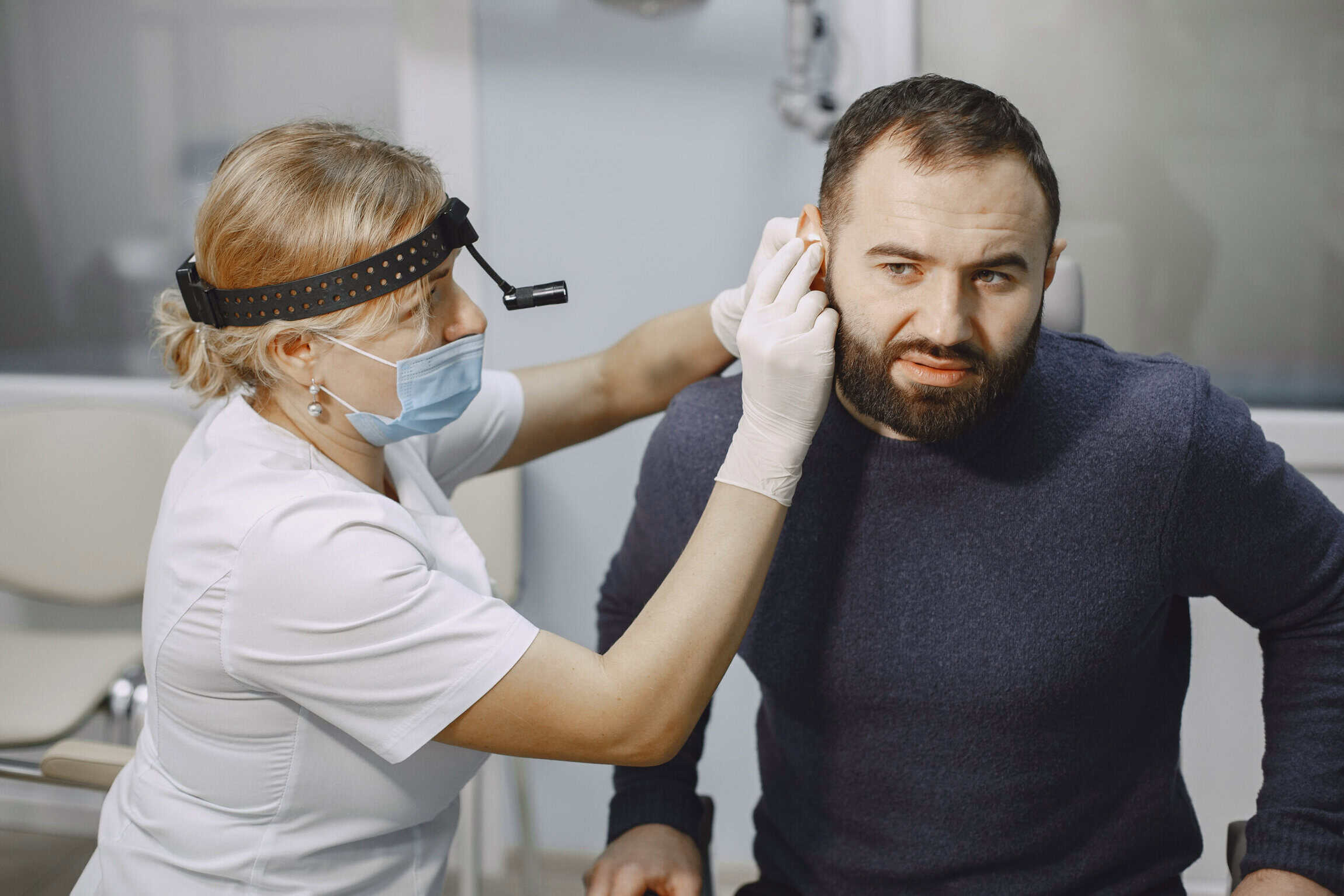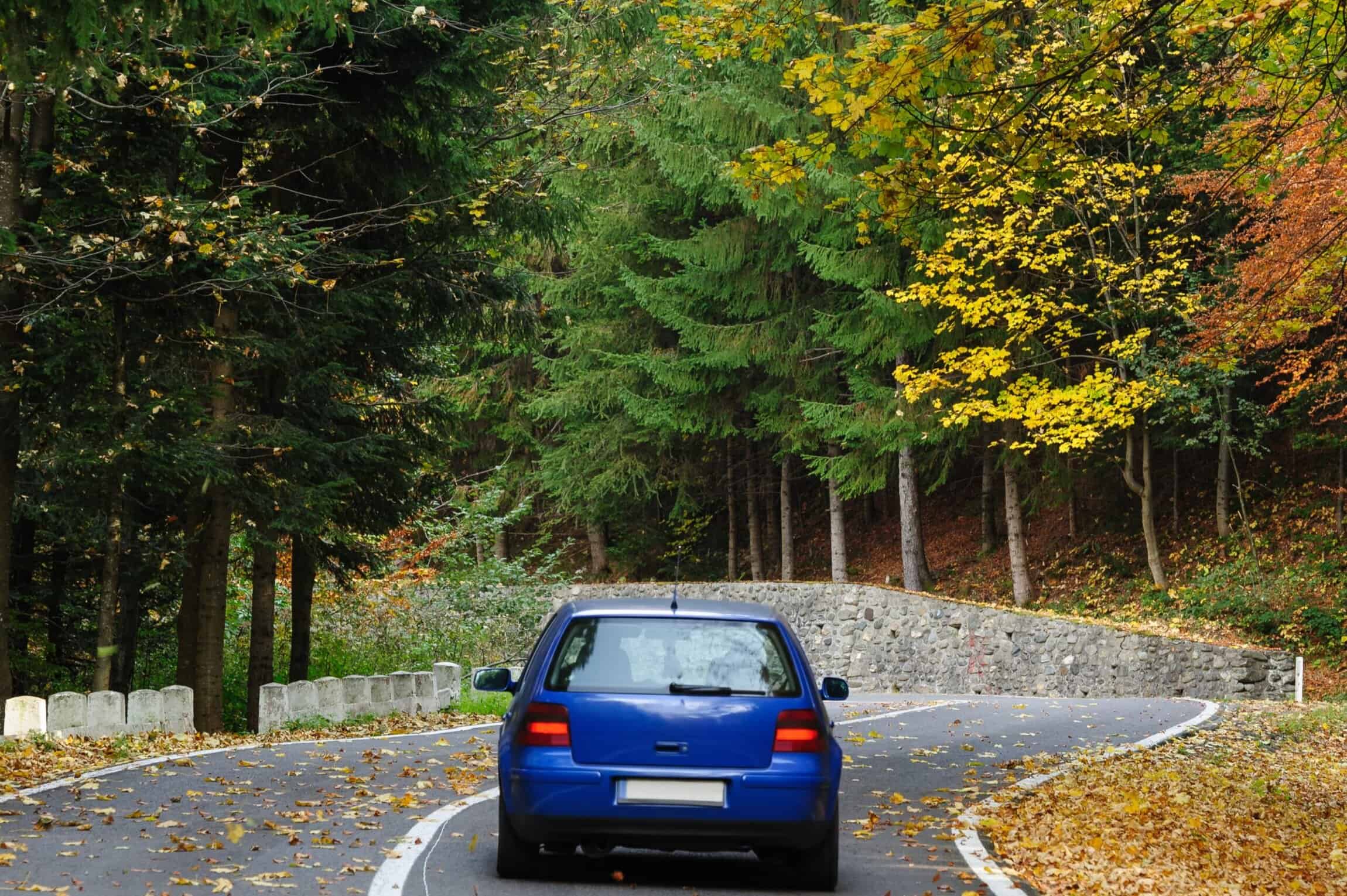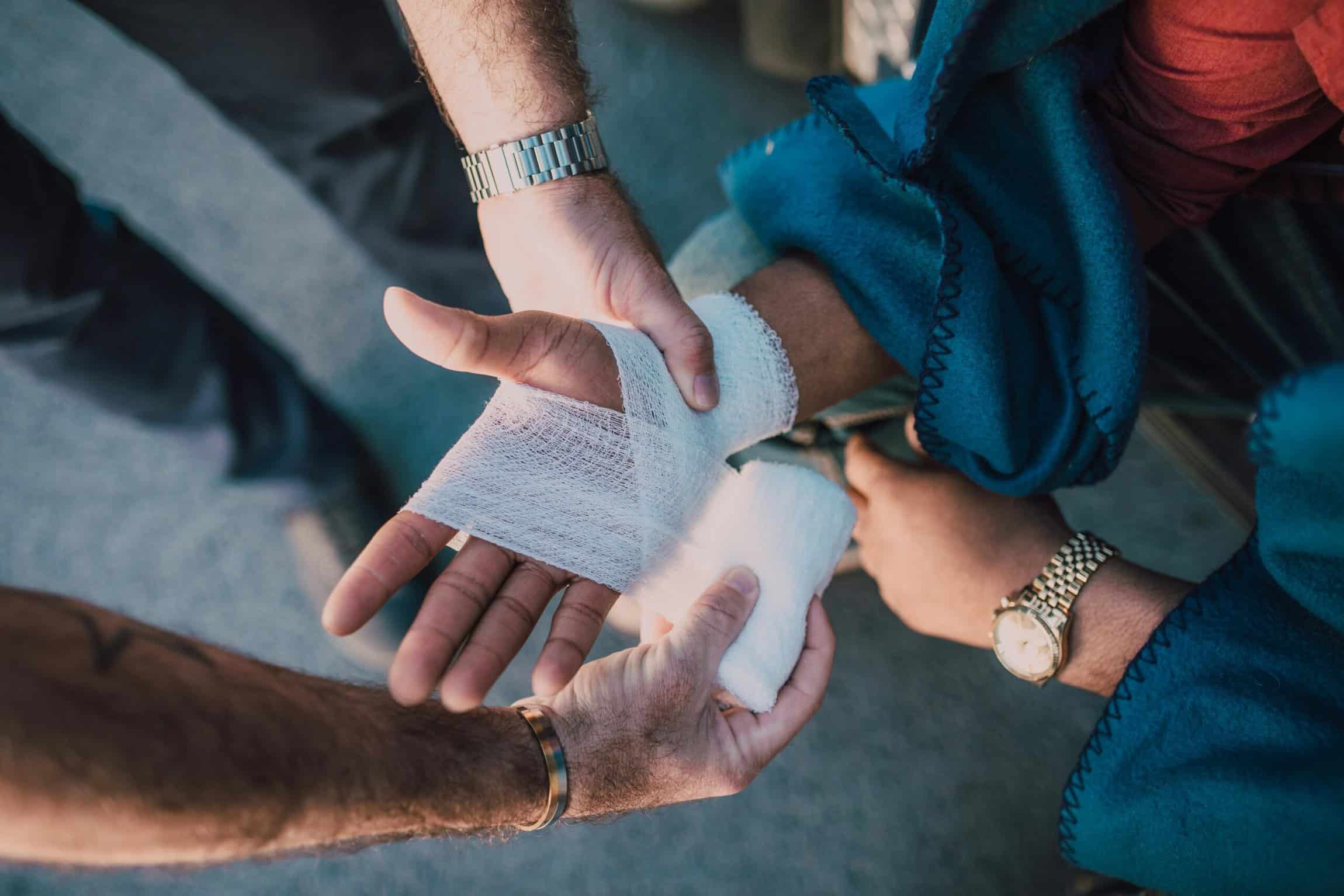Sleet, ice, and snow make winter driving in Virginia extremely dangerous. You can take precautions to avoid a car accident and keep yourself and your passengers safe. Knowing what to do before you leave and while you’re driving go a long way to avoiding accidents or getting stranded.
Prepare Before You Leave
The best advice for bad weather is to avoid traveling on the roads and highways. But if you must travel, preparing for bad weather driving is critical.
Before you leave, check the weather forecast and road conditions in detail. Know exactly what to expect while you’re driving. You can get statewide Virginia highway information 24 hours a day by calling 511 or visiting www.511virginia.org.
Leave early and allow extra time to reach your destination. Or delay travel as long as you can, if road conditions are likely to improve in a short time.
Clear your vehicle of all ice and snow before you leave. Always maintain your vehicle in ready condition during the winter. Routinely check all exterior and interior lights, oil level, exhaust system, brakes and tires, battery and ignition system, antifreeze and thermostat, wipers and fluid, and heater and defroster.
Keep an emergency kit in your car at all times, in the main part of the car — not in the trunk. The kit should include at least a flashlight, blankets, flares, jumper cables, a good supply of nonperishable food and water, and an ice scraper.
Driving in Sleet, Ice or Snow
Always wear your seat belt, and make certain all passengers wear them as well. Keep your headlights on, but do not use high beams.
Start out by driving slowly, in the lowest gear recommended by your vehicle’s manufacturer. Be alert and stay aware of potentially icy areas, such as shady spots and bridges, as well as the risks of black ice (a glaze on the road caused by freezing rain or snow melting and refreezing). Never use cruise control when driving in bad weather.
Stay a safe distance behind all other vehicles, farther away than in normal driving. Don’t pass a snowplow or spreader truck unless you absolutely must. Treat these vehicles like emergency-responders.
Always accelerate and decelerate slowly. Keep the steering wheel straight, unless you need to steer in the direction of a skid. Be aware of other vehicles around you. If necessary, distance yourself from other vehicles by gradually slowing down, especially when other drivers are not paying attention to the dangerous conditions.
While driving, monitor weather and traffic conditions on an ongoing basis. Change your plans to accommodate obstructions or closed highways.
What To Do If You Get Stranded
You may remember early January 2022, when hundreds of motorists were stranded on Virginia highways — some for more than 24 hours — during a severe storm. Being stranded is one of the greatest risks of driving in bad weather.
If winter weather traps you in your car, stay in the car, rather than venturing outside and risking over-exertion and cold exposure. Do not set out on foot, unless you can see a building very close by where you can take shelter.
Turn on the interior light of your vehicle and tie brightly colored markers on the outside of the car. Don’t waste battery power by using electricity unnecessarily. Run the engine at 10-minute intervals to stay warm, and wrap up in the blankets in your emergency kit.
Move your arms, legs, fingers, and toes to keep blood circulating. If there are multiple people in the car, you can take turns sleeping, but make sure at least one person is always awake, to look out for rescue workers.
Legal Responsibility for Winter Accidents
Under Virginia law, a negligent driver has legal responsibility for a winter car accident, just as for any vehicle accident. Make certain that your own negligence does not cause an accident by taking all the right precautions before you leave and while you are driving.
If you suffer injuries in a winter driving accident and another person may have caused the accident, you should talk with a knowledgeable personal injury attorney about recovering compensation for your injuries and property damage.
Talk with our Virginia Personal Injury Lawyers
If you have an injury claim from a winter driving accident or any other accident, the personal injury lawyers at Renfro & Renfro are here to help. We invite you to contact us to schedule a free consultation and case evaluation. We serve clients in the Greater Richmond Region, including in Petersburg and Dinwiddie, and throughout the Commonwealth of Virginia. To schedule a consultation, please use our online form or call (804) 601-4433.






